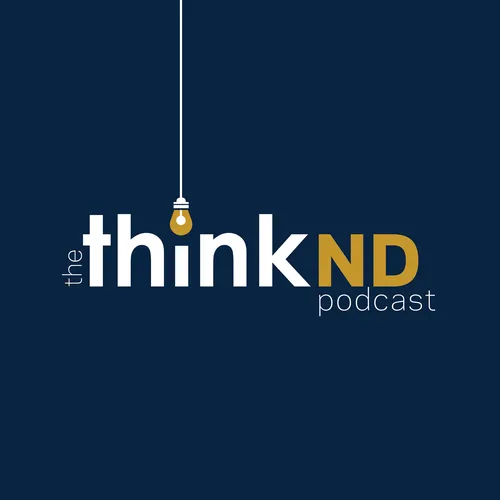Numbers Can Lie: When Algorithms Work Perfectly but Fail Miserably, Part 1: Why Aren’t Numbers Just Numbers? How Data Science and Algorithms Work in our Lives
- Author
- ThinkND - University of Notre Dame
- Published
- Sat 07 Nov 2020
- Episode Link
- https://go.nd.edu/98b8b8
Episode Topic: Part 1: Why Aren’t Numbers Just Numbers? How Data Science and Algorithms Work in our Lives
"With the power of data also comes great responsibility. It is essential to understand and appreciate the societal and ethical implications of both the data and the models developed on the data. This must be done in tandem with the perceived use and value of data science innovation, driven by values and sound judgment." - Nitesh Chawla
The famous saying, “numbers don’t lie,” might work when reporting the score of a football game, but even then, they don’t tell the whole story. In this lecture, you will learn the basics behind data science and discover how easily human bias can be encoded into computer models. The results of algorithms have implications for not only who may obtain a fair loan, but with who stays in prison and who’s released, and who will be favored by machine learning “decisions.” With so many parts of our lives impacted by Big Data, how do scientists balance algorithms and ethics?
Featured Speakers:
- Roger Woodard, Teaching Professor in the Department of Applied and Computational Mathematics and Statistics and Director of the Online MS in Data Science, University of Notre Dame
- Nitesh Chawla, the Frank M. Freimann Professor in the Department of Computer Science and Engineering and Founding Director of the Lucy Family Institute for Data and Society, University of Notre Dame
Read this episode's recap over on the University of Notre Dame's open online learning community platform, ThinkND: go.nd.edu/a22938.
This podcast is a part of the Science Lab ThinkND Series titled “Numbers Can Lie: When Algorithms Work Perfectly but Fail Miserably”.
Thanks for listening! The ThinkND Podcast is brought to you by ThinkND, the University of Notre Dame's online learning community. We connect you with videos, podcasts, articles, courses, and other resources to inspire minds and spark conversations on topics that matter to you — everything from faith and politics, to science, technology, and your career.
- Learn more about ThinkND and register for upcoming live events at think.nd.edu.
- Join our LinkedIn community for updates, episode clips, and more.
